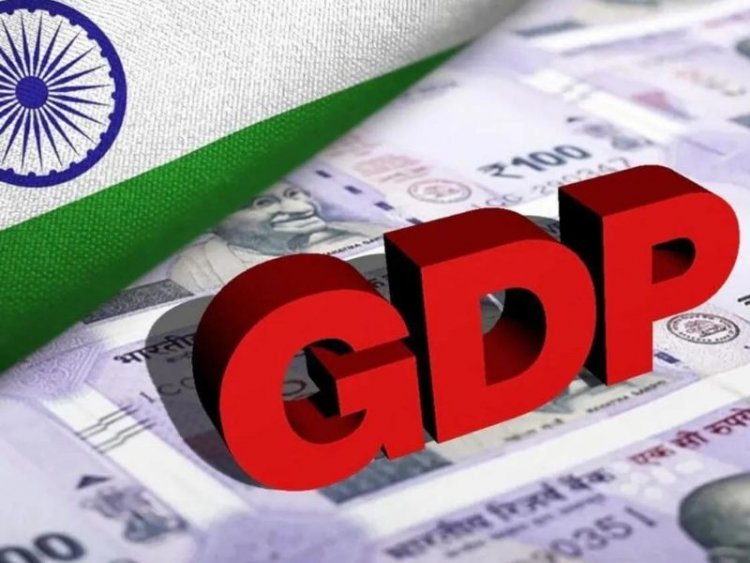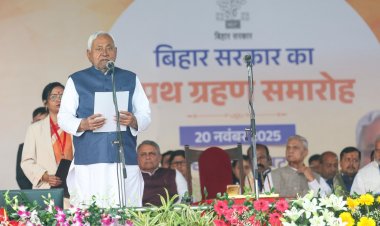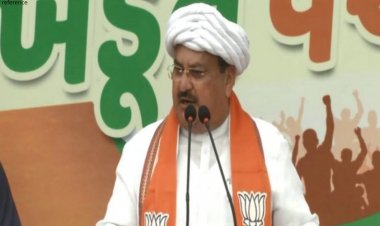India’s economy to grow by 6.4pc in FY23, rise to 6.7pc in FY24: ADB
The ADB has forecast an expansion of 4.8 per cent in this year and the next, up from 4.2 per cent in 2022. It said inflation would likely cool slightly this year and fall further in 2024. ADB economists said a weekend decision by oil producing nations to cut output, pushing oil prices sharply higher, might reignite inflationary pressures and add to challenges for the region.

The Asian Development Bank (ADB) has projected growth in India’s gross domestic product (GDP) to moderate to 6.4 per cent in fiscal year (FY) 2023 ending on 31 March 2024 and rise to 6.7 per cent in FY2024, driven by private consumption and private investment on the back of government policies to improve transport infrastructure, logistics, and the business ecosystem.
The Manila, Philippines-based ADB's latest update says China's recovery from the pandemic and strong demand in India will drive strong economic growth in Asia this year.
The ADB has forecast an expansion of 4.8 per cent in this year and the next, up from 4.2 per cent in 2022. It said inflation would likely cool slightly this year and fall further in 2024.
ADB economists said a weekend decision by oil producing nations to cut output, pushing oil prices sharply higher, might reignite inflationary pressures and add to challenges for the region.
The report's analysis was based on the assumption that Brent crude oil, the pricing basis for international trading, would average USD 88 a barrel this year and USD 90 a barrel next year. Oil prices remain below that level, with Brent at USD 83 on Monday. But they soared about 5 per cent after Saudi Arabia and other major oil producers said they will cut production by 1.15 million barrels per day from May until the end of the year, on top of a reduction announced last October that infuriated the Biden administration.
It's certainly plausible that oil prices could go even higher and introduce another challenge for the region, ADB Chief Economist Albert Park said in a conference call. However, growing imports of Russian crude oil, especially by China and India, will likely cushion the impact of rising prices - such exports to China, India and Turkey more than doubled last year. As of February, a third of Russia's crude exports were going to India and more than a fifth to China.
Park noted that inflation in Asia seems to be driven more by surging demand for services, such as tourism, than for goods. Another factor that could push prices higher is China's rebound from slow growth after its leaders lifted COVID-19 restrictions that disrupted travel, manufacturing and other business activities.
The ADB forecasts that China's economy will grow 5 per cent this year and 4.5 per cent next year, an improvement over last year's 3 per cent growth but slower than its long-term average. India's economy, meanwhile, is expected to grow at a slower pace of 6.4 per cent this year. That follows a 9.1 per cent annual pace of expansion in 2021 as it rebounded from the worst of the pandemic, and 6.8 per cent last year. But it's one of the fastest expansions for a major regional economy.
The war in Ukraine also might push prices for commodities such as oil, gas and wheat higher, further bedeviling central bank efforts to curb inflation.



 Join the RuralVoice whatsapp group
Join the RuralVoice whatsapp group








































